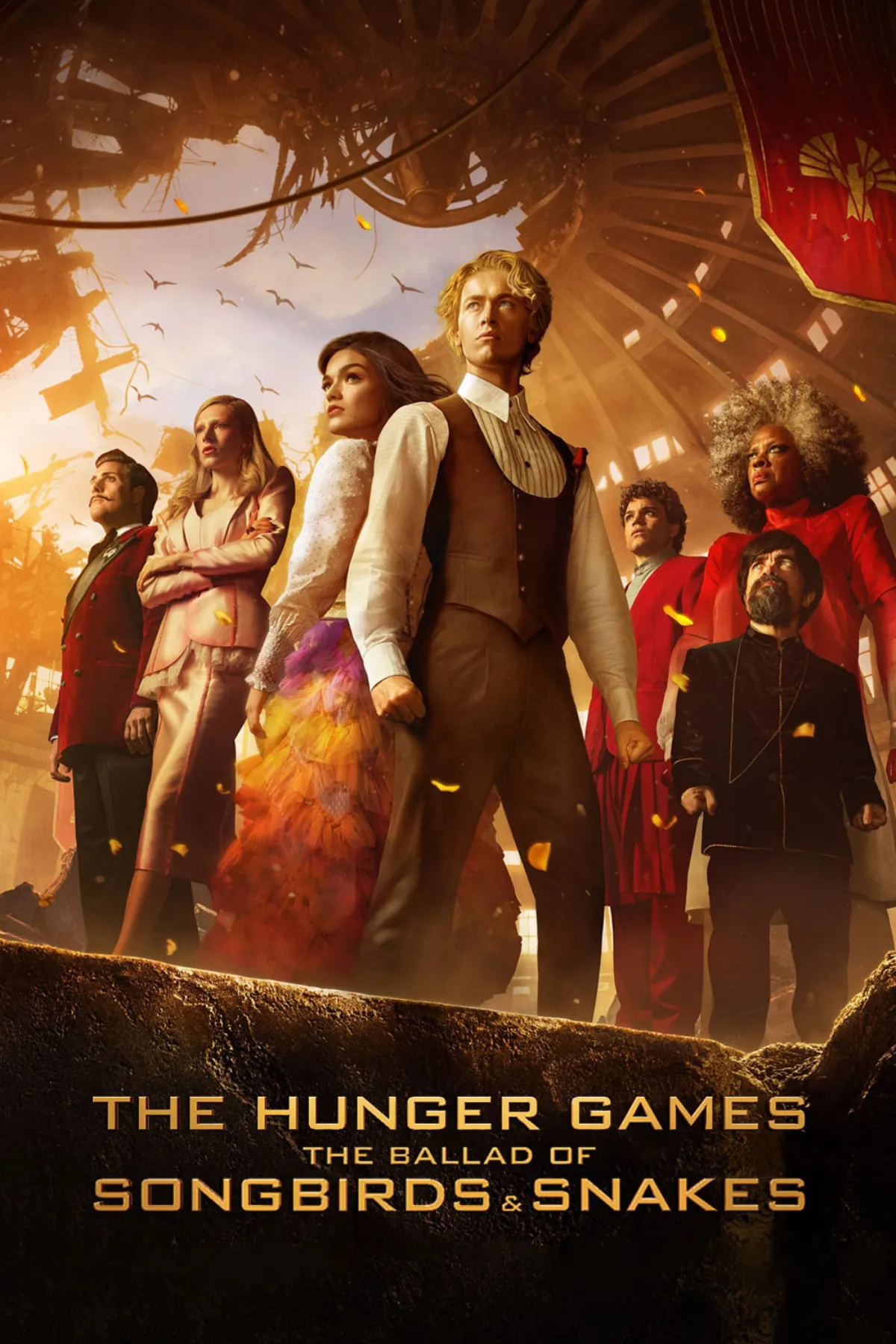In the dystopian world of Panem, where children are forced to fight to the death for the entertainment of the privileged and fortunate, The Hunger Games ignited a firestorm. Spanning five movies, the series has captivated audiences with its brutal action, developed characters, and occasionally potent social commentary. But in a franchise as vast and varied as this, ranking the individual installments presents a unique challenge. Each film offers its own distinct flavor, catering to different aspects of Suzanne Collins’ beloved source material.
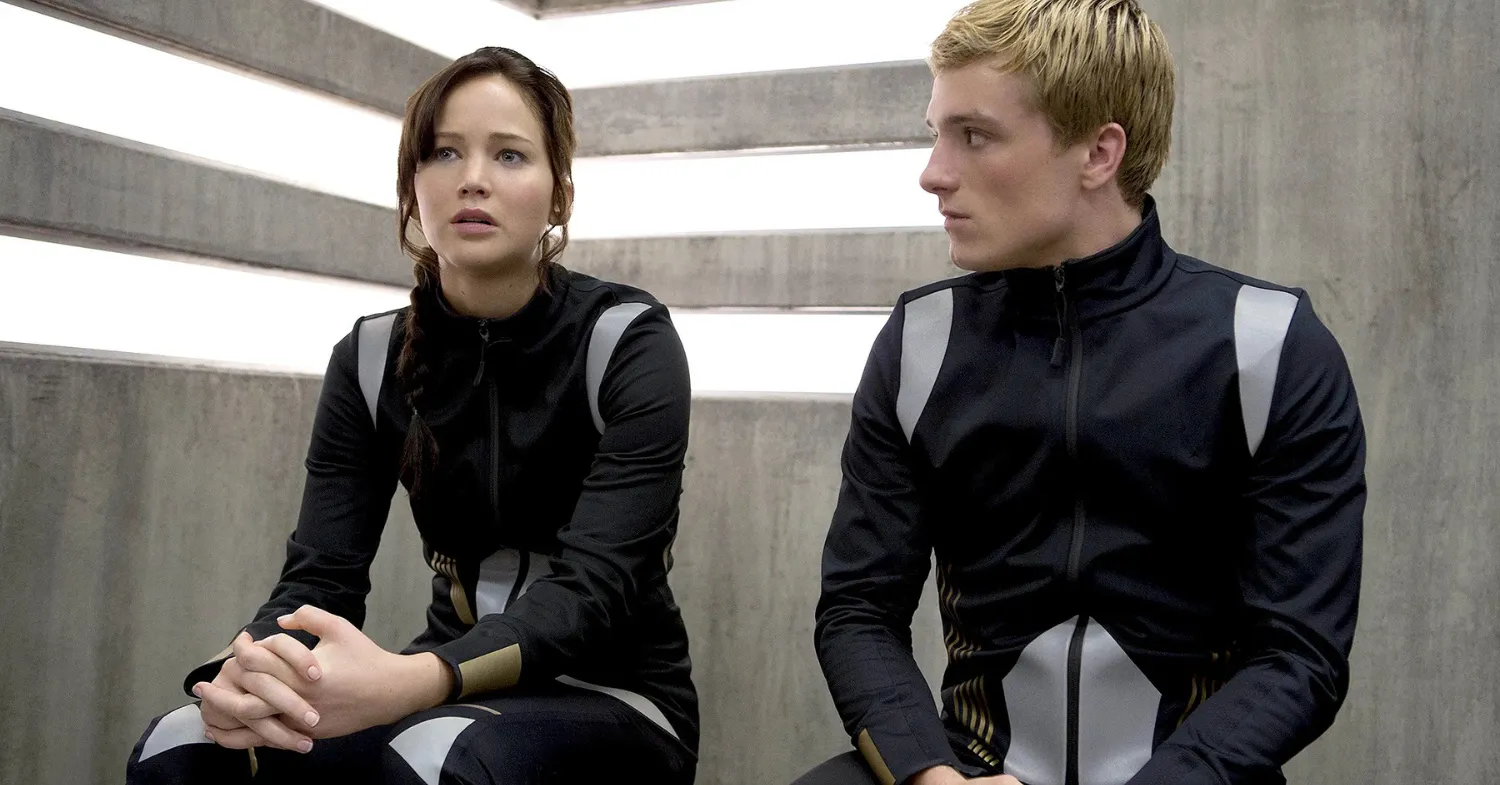
While the overall quality may fluctuate, The Hunger Games movies undeniably left a lasting impact on pop culture. From Jennifer Lawrence’s fierce portrayal of Katniss Everdeen to the haunting imagery of the Games themselves, the franchise challenged viewers to contemplate themes of survival, justice, and the human spirit’s capacity for both savagery and compassion.
Before we try ranking The Hunger Games movies, let’s acknowledge one significant shift in the trajectory of this franchise: the disparity between directorial visions. The first film, helmed by Gary Ross, laid the groundwork with a gritty, grounded aesthetic, emphasizing the harrowing reality of the Games. However, it’s Francis Lawrence who took the reins for the subsequent four films and truly elevated the franchise to new potential. Lawrence embraced a more cinematic approach, amplifying the spectacle and emotional depth of the narrative and shifting away from the grit.
Now, let’s delve into the heart of the matter. This is how I’d rank The Hunger Games films:
5. The Hunger Games: Mockingjay – Part 1 (2014)
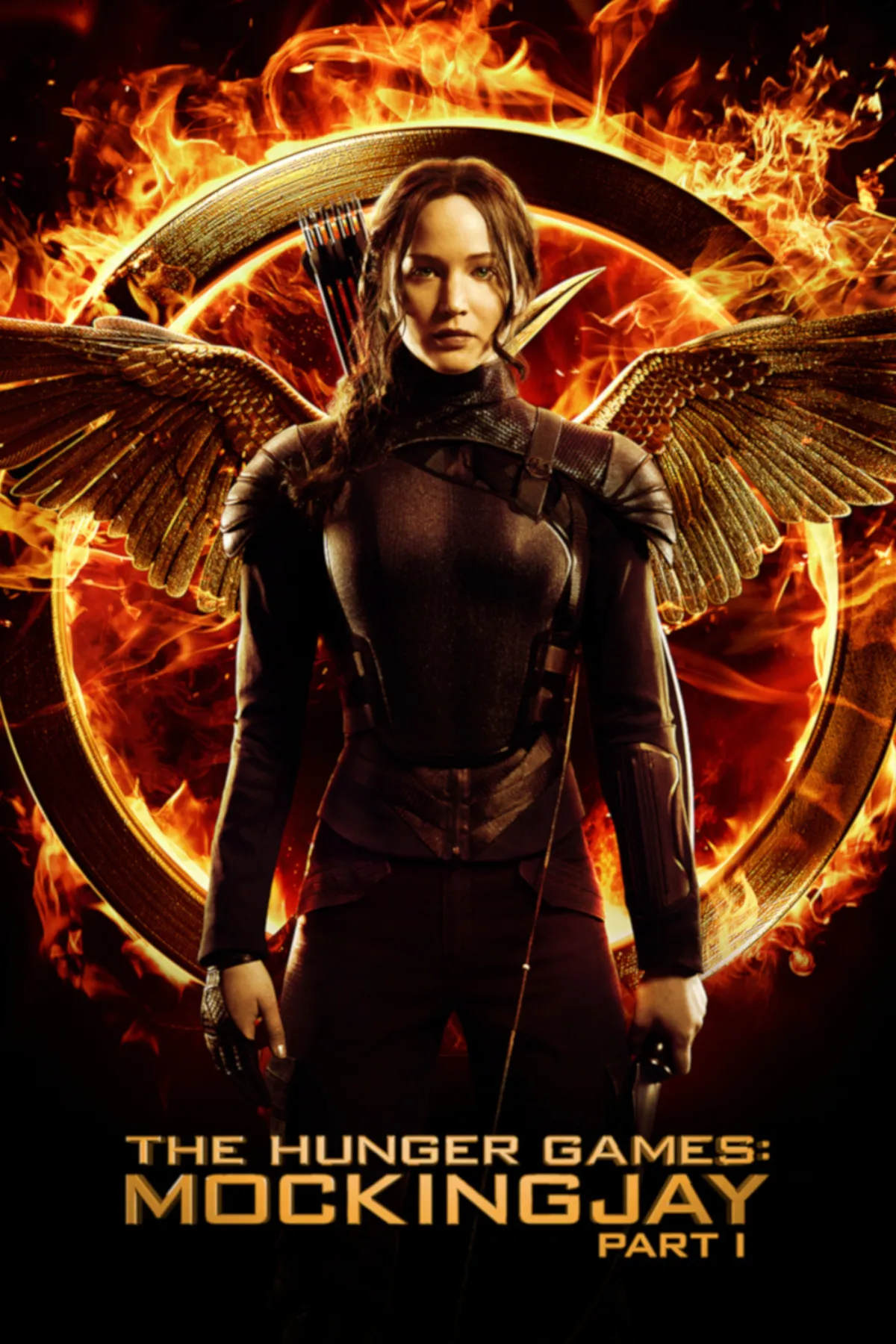
This divisive entry marks the point where the series began to lose its footing. Stripped of the Games’ visceral thrill, Mockingjay Part 1 relies heavily on political maneuvering and internal conflict within the rebellion. While Jennifer Lawrence still delivers a strong performance as Katniss grapples with PTSD and manipulation, the overall narrative feels stagnant and lacking in momentum.
4. The Hunger Games: Mockingjay – Part 2 (2015)
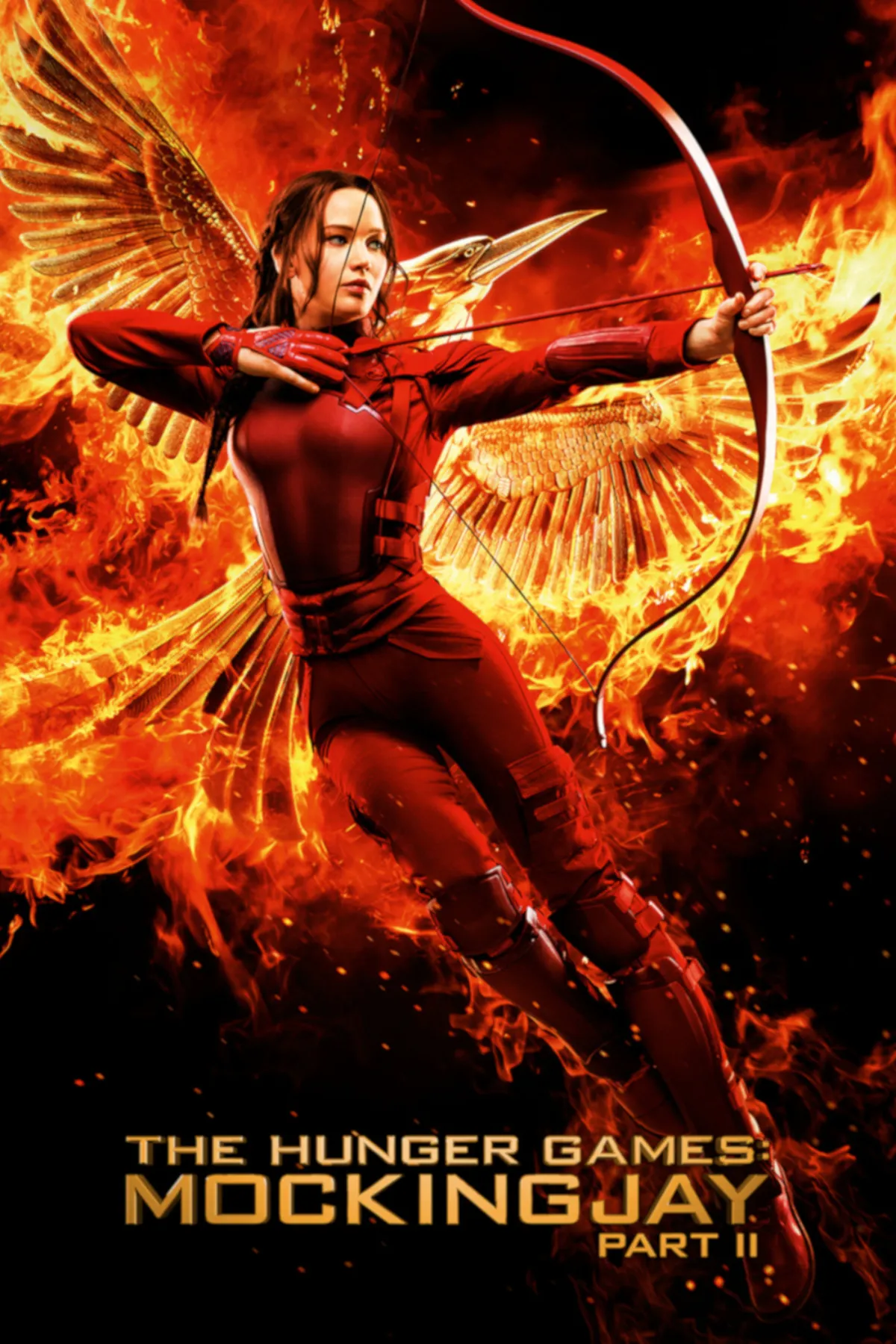
The final chapter of the original Hunger Games saga finds its footing in the closing act, delivering a satisfying resolution to Katniss’ journey and the rebellion’s struggle. However, the first half of the film suffers from pacing issues, bogged down by the lingering aftermath of the war and Katniss’ struggle to cope with the trauma she has endured.
3. The Hunger Games: The Ballad of Songbirds & Snakes (2023)
The Ballad of Songbirds and Snakes emerges as a nuanced and energetic prelude to the Hunger Games saga. By unraveling the roots of power in Panem, the film injects vitality into a franchise that appeared to be on the decline. Despite pacing issues and a divergence in energy between the two halves, the film stands as a compelling adaptation in the young adult genre, breathing life into a story thought to have concluded.
Read our review of The Hunger Games: The Ballad of Songbirds & Snakes (2023)
2. The Hunger Games (2012)

While not as polished as its successor, the original film carries a raw power that resonates deeply. The stark visuals and intense performances, particularly from Jennifer Lawrence and Josh Hutcherson, immerse viewers in the brutal reality of the Games. The film’s exploration of survival and sacrifice lays the thematic foundation for the entire franchise, leaving a lasting impact.
1. The Hunger Games: Catching Fire (2013)
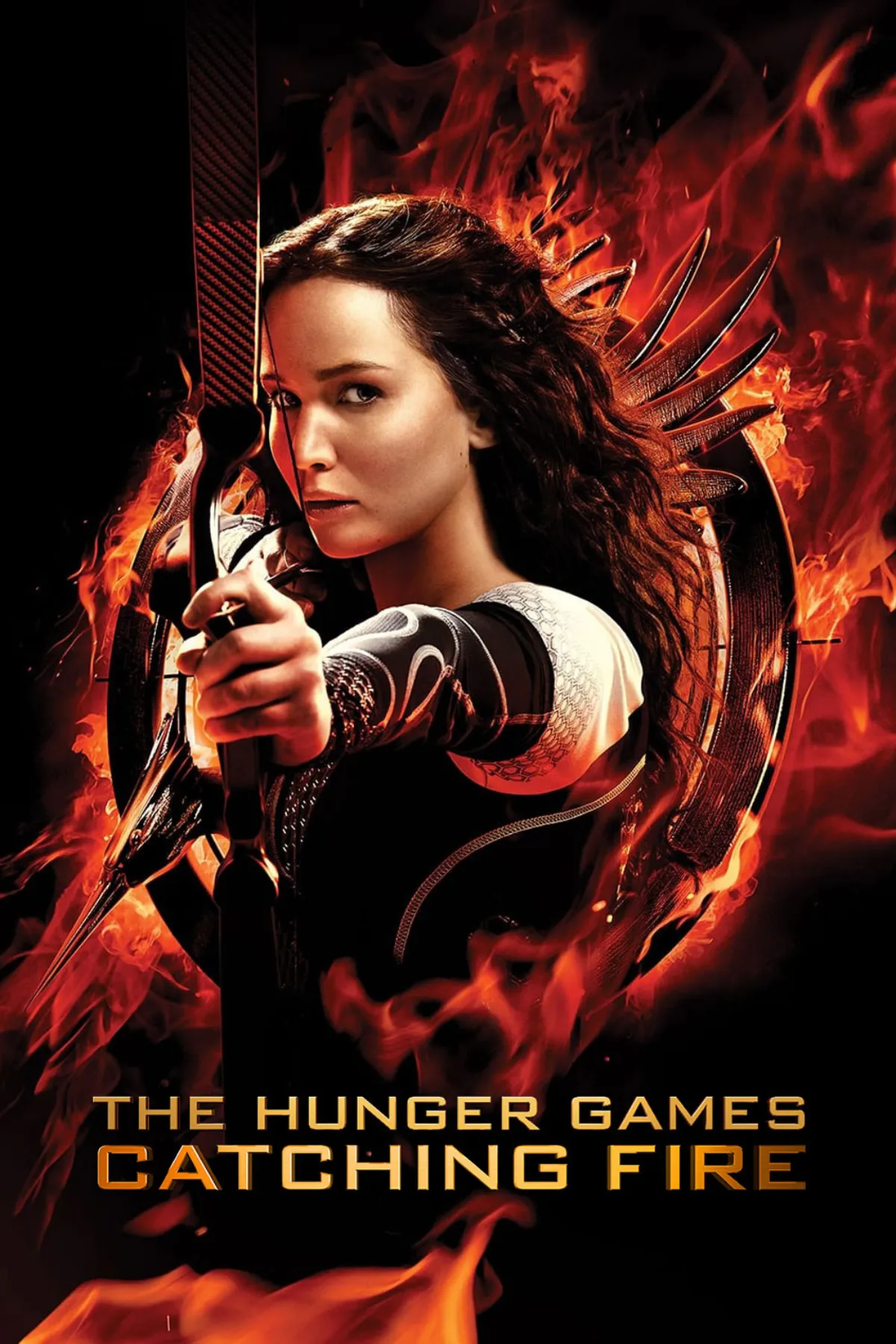
Francis Lawrence’s first foray into the Hunger Games world marks a significant shift in tone and ambition. The film amplifies the spectacle of the Games, creating a truly breathtaking arena with its own unique dangers and challenges. The social commentary becomes more explicit, and the seeds of rebellion are firmly planted, setting the stage for the epic conclusion.
READ MORE: Laika Movies Ranked, David Fincher Ranked, Best New Movie Reviews
